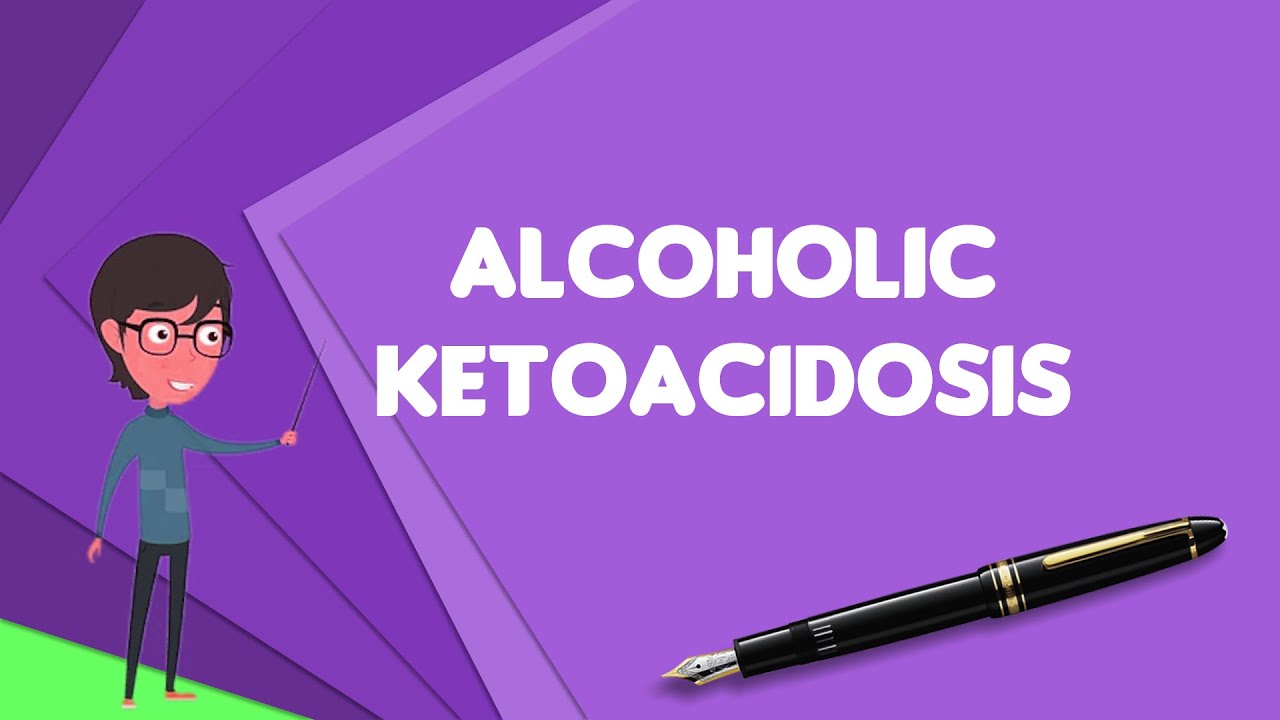


Full Form & Meaning of AKA- Alcoholic ketoacidosis (AKA) is the buildup of ketones in the blood due to alcohol use. Ketones are a type of acid that form when the body breaks down fat for energy. The condition is an acute form of metabolic acidosis, a condition in which there is too much acid in body fluids.
Causes of Alcoholic ketoacidosis-
Symptoms- Common symptoms of Alcoholic ketoacidosis include:
If you develop any of these symptoms, seek emergency medical attention. Alcoholic ketoacidosis is a life-threatening illness.
Treatment of Alcoholic ketoacidosis- Treatment for alcoholic ketoacidosis is typically administered in the emergency room. Your doctor will monitor your vital signs, including your heart rate, blood pressure, and breathing. They will also give you fluids intravenously. You may receive vitamins and nutrients to help treat malnutrition, including:
Your doctor may also admit you to the intensive care unit (ICU) if you require ongoing care. The length of your hospital stay depends on the severity of the alcoholic ketoacidosis. It also depends on how long it takes to get your body regulated and out of danger. If you have any additional complications during treatment, this will also affect the length of your hospital stay.